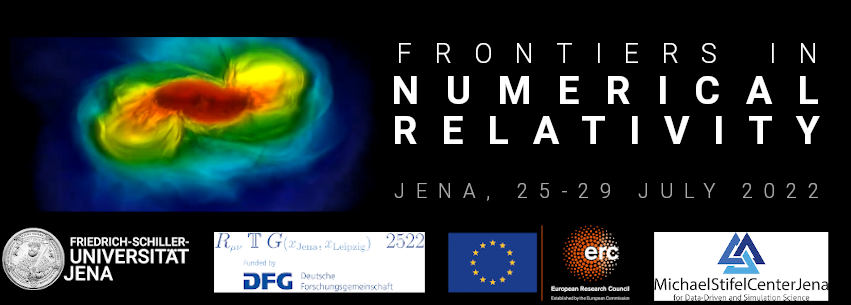Speaker
Description
Supplementing General Relativity (GR) with an additional scalar degree of freedom yields to a simple and popular class of gravitational theories known as scalar-tensor theories. While scalar-tensor theories can produce self-accelerated cosmic expansion without a cosmological constant, they typically produce also local deviations from GR on small scales. However, some theories possess “screening mechanisms” that locally produce a GR-like phenomenology, potentially passing existing constraints. Here we will study numerically the evolution of neutron star systems on two specific scalar-tensor theories (i.e., one with this screening mechanism and the other without). Both cases show a interesting non-linear dynamics which could help to constrain these alternative theories by using current and near future gravitational wave observations.

